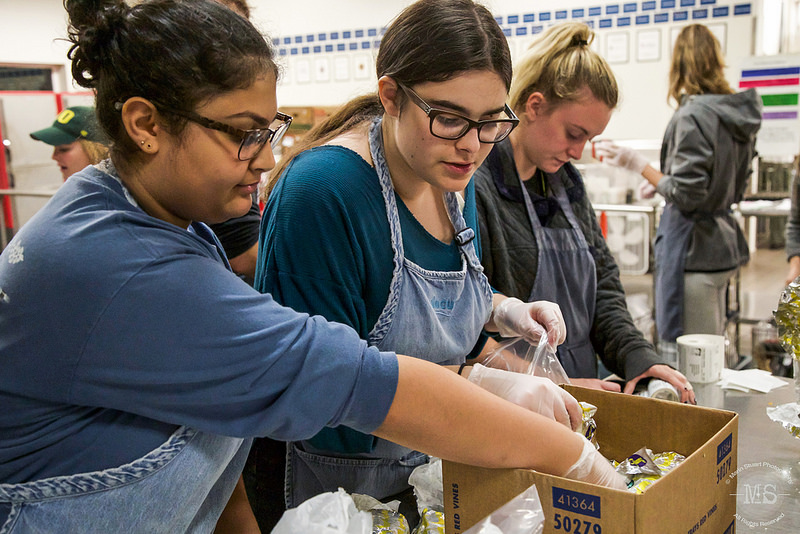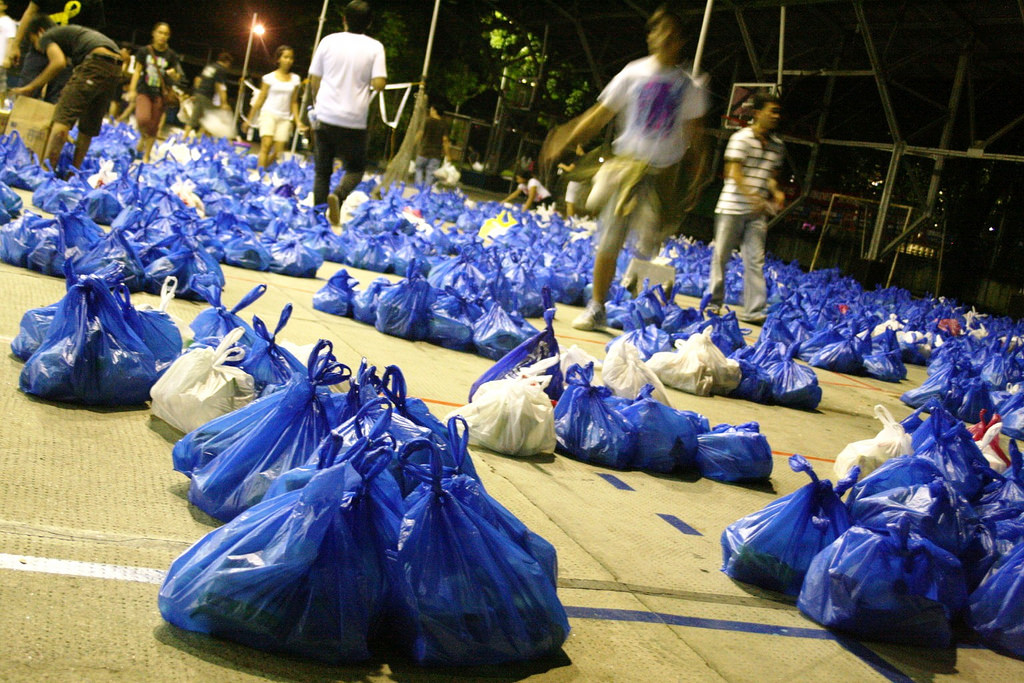
Wherever you live, there are people in need. There are those who do not make enough money to feed their families. There are people who have stumbled upon hard times and need just a little extra help, like a food donation, to make it back onto their feet. This is something that could happen to anyone. You could find yourself in a similar situation if you were ever laid off work or if other financial situations were to occur. While we as human beings can always do better, most of us do what we can to help look out for others in need, especially when we know our help will be well received and put to good use. Donating food is one of the best ways to go about doing this. You may donate food to a soup kitchen or to a local food bank. The items you donate will help put food in the belly of children going to school and help provide energy to working mothers who are trying to give their children better lives. It doesn’t take much to donate food, but food donation is a critical aspect for many communities around the country. If you have never contributed to a local food donation box now is the perfect time to start.
Food donation is the act of donating food, usually canned goods, to others in need. It’s as simple as that. You take food and donate it to a location that is accepting food to give to the needy. There are many destinations that allow you to do this. Your local soup kitchen will probably accept food. Your local Red Cross will accept food. Most churches accept food for a food pantry.
Important Times of the Year
There are certain times of the year when it is better to donate. You can donate food throughout the year to help stock pantries, but during certain times of the year, food donation locations need more help than ever before. During the holidays, beginning with Thanksgiving, there is a need for more food. Families will want to gather together and to enjoy their own Thanksgiving dinners or their Christmas hams. However, for those less fortunate, they may not have the opportunity to do this.
With the help of food donations though, these families can enjoy a dinner just like everyone else. This way, their children can take part in some of the same holiday activities as you and wake up knowing they will have a delicious meal just like your children or children in your neighborhood.
This is not to say you shouldn’t take part in food donation at other times of the year. It’s just there is a greater need for help with food during the end of the year holidays. At this time of the year, parents are trying to do everything they can to provide for their children, including buying what toys and gifts they can in addition to obtaining winter clothing. This time of year is when finances are really tight for many, so having meals provided helps a great deal.
WHAT ARE THE BENEFITS OF FOOD DONATION?
There are a number of benefits when you take part in food donation. The main benefit of food donation is you have the ability to help out others in need. You also have the satisfaction of having helped those in need. Nobody specifically told you to. You just knew in your heart that the few things you donated would go a long way in improving the lives of others in your community. Just knowing you did what you could to help out the community is a benefit enough.
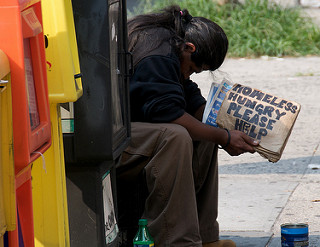
Those who receive the food benefit from your donation as well. They have another meal in their belly that they otherwise might not have had. It is nutrition they may have missed out on without your donation. Many people who need food donations do not live near affordable grocery stores or have the financial means to get to one. They are in what is called as a “food desert” (or “grocery store desert”). This means there are very few actual food options to choose from outside of corner convenience stores, which charge more money for unhealthy options. Their children will also benefit from your food donation.
Depending on the amount of money you spend on the donation, you may be able to write it off as a tax deduction. Sometimes, if you donate a few cans of peas or loaves of bread, it likely won’t be enough, and even the locations that accept the donations may not provide you with a receipt. However, if you donate a larger amount, such as a few hundred dollars worth of food, you might be able to get a receipt. If you’re interested in taking advantage of this tax deduction, you should also purchase the foods separately, away from your normal food purchase, so you can keep the financial documentation isolated for tax purposes.
FOOD DONATION TIPS AND INFORMATION
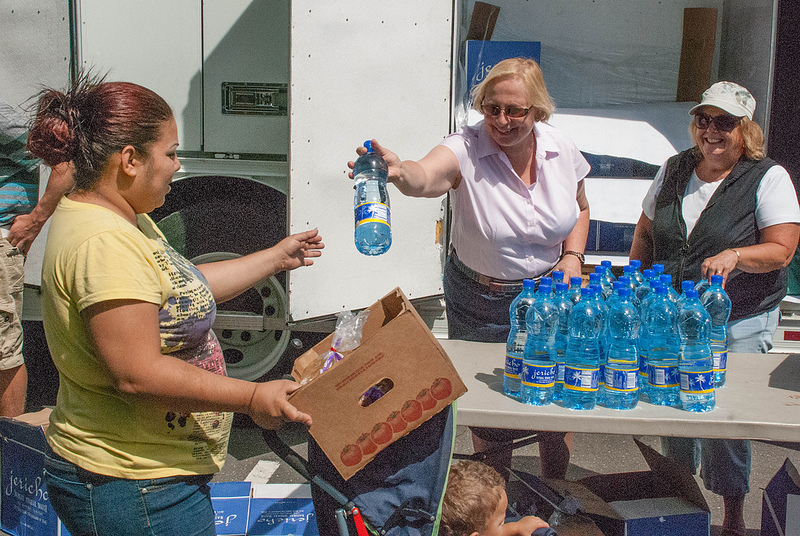
Anything you can give is always appreciated. However, if you want to make the most of your time and money there are some specifics you need to follow. This will ensure your food donation goes further.
Non-Perishable Items
When donating food throughout most of the year, you’ll want to focus on non-perishable items. In other words, focus on foods that don’t need a refrigerator and can sit on a shelf for several weeks (or a few months). During the summer months, food pantries and local donation facilities may stock up for later in the year. In these instances, donate cans of food or boxes of pasta, macaroni and cheese or anything else that will not spoil quickly.
Nutritional Food
Try your best to donate nutritional food. While you might want to purchase some treats for kids, many kids do not receive the kind of nutritional foods they need. Kids whose parents live away from grocery stores may only be able to buy food from corner stores or the local fast-food joint, which means they are living off of French fries, chicken nuggets, potato chips, and sugary snacks. It’s much better to donate a can of corn or other items that have nutritional value to them. So when picking out food to donate, look for foods that are staples of your pantry and make sure you offer these families something that is healthy.
Check with Your Local Donation Center
Your local food donation center will always accept what you have to offer. However, sometimes certain items are more valuable. This is especially the case as the holiday season approaches. You will want to check what kinds of foods they are looking for at the time. During the holidays, especially running close to Thanksgiving and Christmas, they may ask for turkey or ham donations. They may want rolls of biscuits or other foods that would generally go bad during other times of the year, but that the kitchen can keep frozen and donate to those in need during the holidays.
Locations to Donate
There are many locations that will accept donated food. You can check the Internet for locations nearby. However, if you are part of a place of worship, there’s a good chance these locations also accept donated food. Many local churches work with community schools to identify families in need. The churches will then donate meals during the holidays to help. So you may already be part of a religious community that donates food to the local community; you just didn’t know about it.
Offer Your Time
Perhaps you want to do more, or you don’t have the kind of available income to buy additional food for local food donation pantries. That is perfectly fine. Not everyone has the expendable income they can use on this. However, you can donate something far more valuable: your time. Many people will donate their time to local soup kitchens. This is fine, but donating time at this time of the year is common and many soup kitchens receive more help than they can use. Instead, donate your time during the off-season period. This is usually when these locations need more personal help.
You can also donate your time by delivering food to local households. During the holidays, there are times when groups will drive out and donate the turkeys and other items for Thanksgiving dinner. Even if you cannot purchase much in the way of additional food to donate, you can still donate your time and help drive these donations to the families in need. Check with your local soup kitchen and other donation centers for how you can help.
CONCLUSION
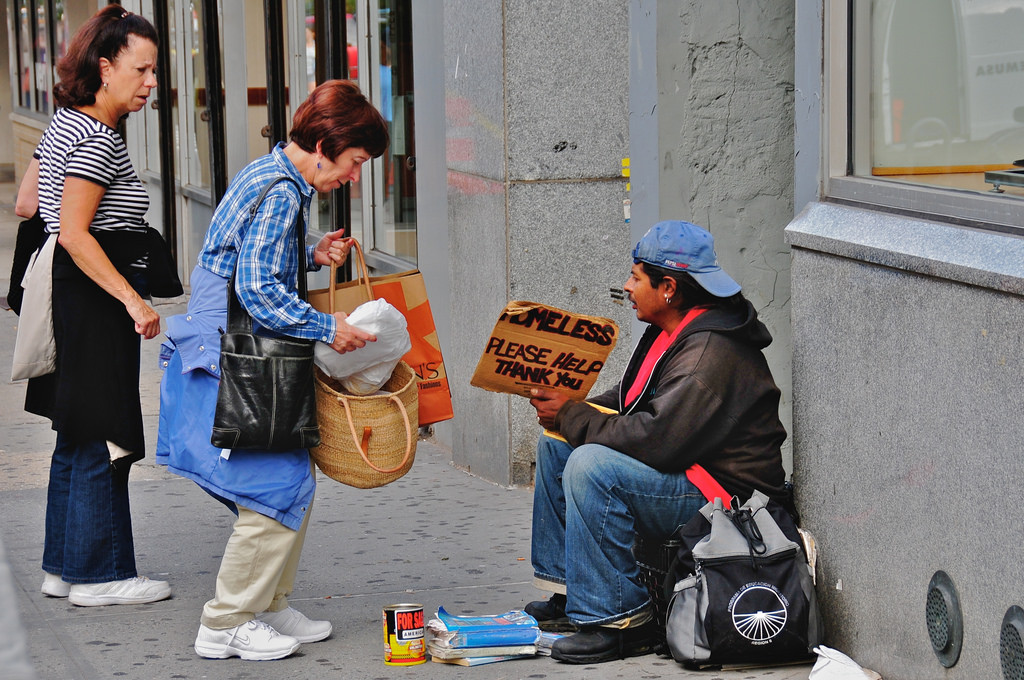
Food donation is a critical need most communities have. There will always be people who are not as well off as you. These are individuals who may just need basic help to get back on their feet. They may also not live near healthy food options, which means they must eat what’s available, which often isn’t good for developing bodies and minds. By donating food and taking advantage of the benefits you have, you can help give back to the local community and do what you can to help others in your area.


